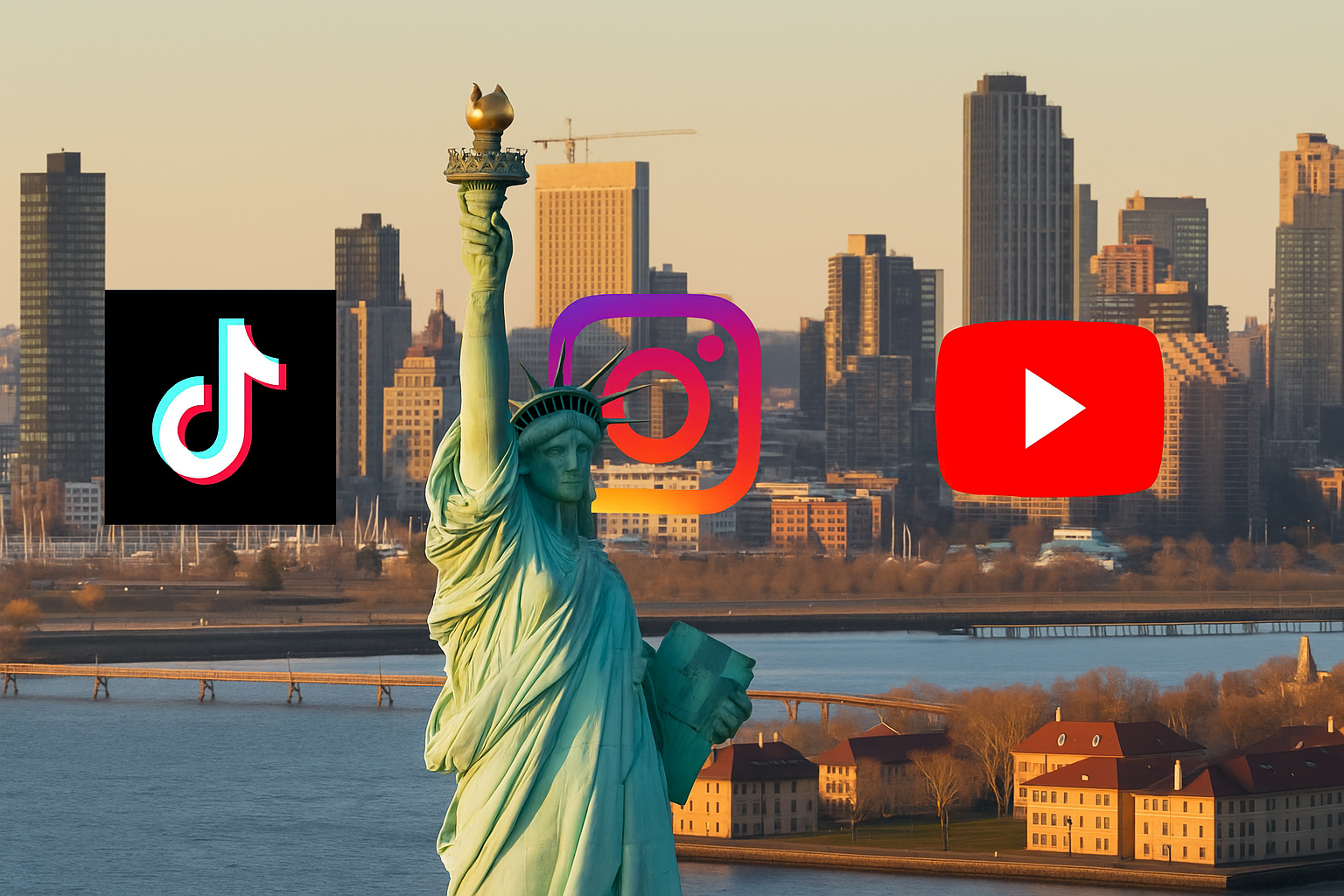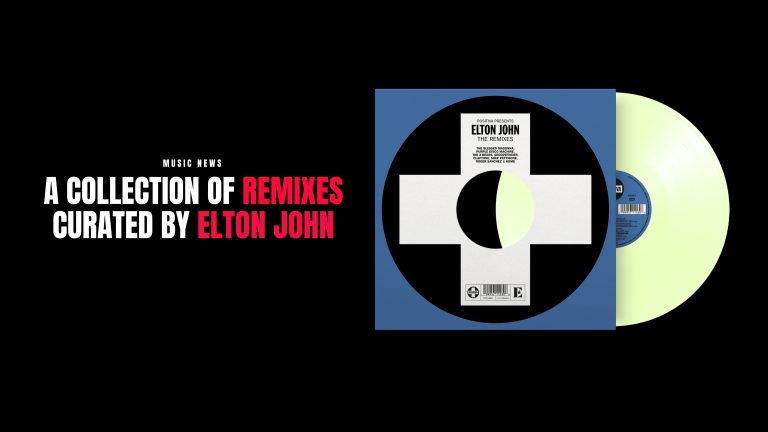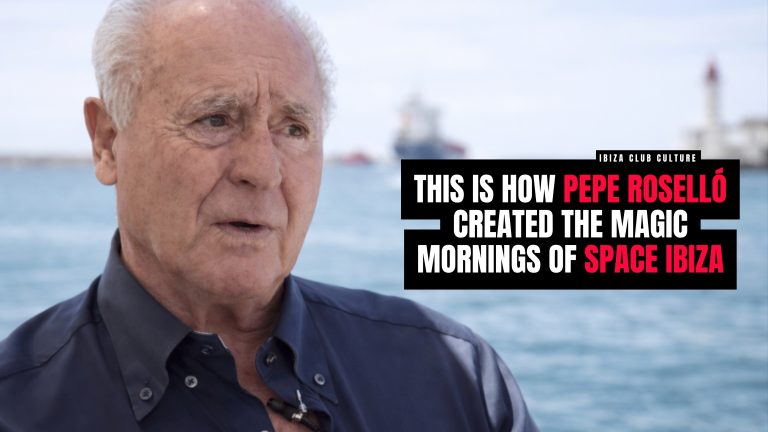Billions in profits, mental health crises, and a music world caught in the algorithm’s loop.
New York City has officially sued Meta, TikTok, and YouTube, accusing them of fuelling a youth mental-health crisis. The lawsuit claims these platforms were designed to be addictive, creating a “public nuisance” responsible for rising rates of anxiety, depression, and self-harm among young people.
According to city reports, NYC spends over $100 million annually addressing youth mental-health issues linked to excessive social media use. A Harvard study estimates social platforms earned over $11 billion from minors in U.S. ad revenue in 2022 alone. Other research suggests the long-term cost of this crisis could reach $185 billion in healthcare and $3 trillion in lost productivity.
It’s a bold move — but one that resonates far beyond politics or tech. In the electronic-music world, these same platforms have become the new main stage. They’re where DJs break tracks, where festivals go viral, and where overnight fame is just a trending sound away.
But behind the glamour and virality, the algorithm is quietly remixing the creative process itself. Artists aren’t just competing for club slots anymore — they’re competing for seconds of attention.
“I used to spend weeks crafting a track,” one underground producer told us. “Now I spend half my time thinking about how to make it work for Reels.”
The pressure to stay visible is real. For many, posting daily isn’t a choice — it’s survival. Miss a week and the algorithm forgets you. Miss a month and your next release might sink into digital silence. The dopamine loop doesn’t just trap fans — it traps creators too.
Platforms built on engagement now shape how music is released, discovered, and even written. Hooks get shorter, drops hit faster, visuals matter more than ever. It’s no longer just what you make, but how well it fits the feed.
And yet, those same platforms are also where movements are born, where unknown talents find their first crowd, where underground scenes connect globally. The line between empowerment and exploitation has never been thinner.
As cities start pushing back legally, maybe it’s time the music world starts asking harder questions too. What does artistic freedom look like when the algorithm is your biggest promoter — and your toughest critic?
Because at some point, the algorithm stopped just recommending the beat.
It became the DJ.




